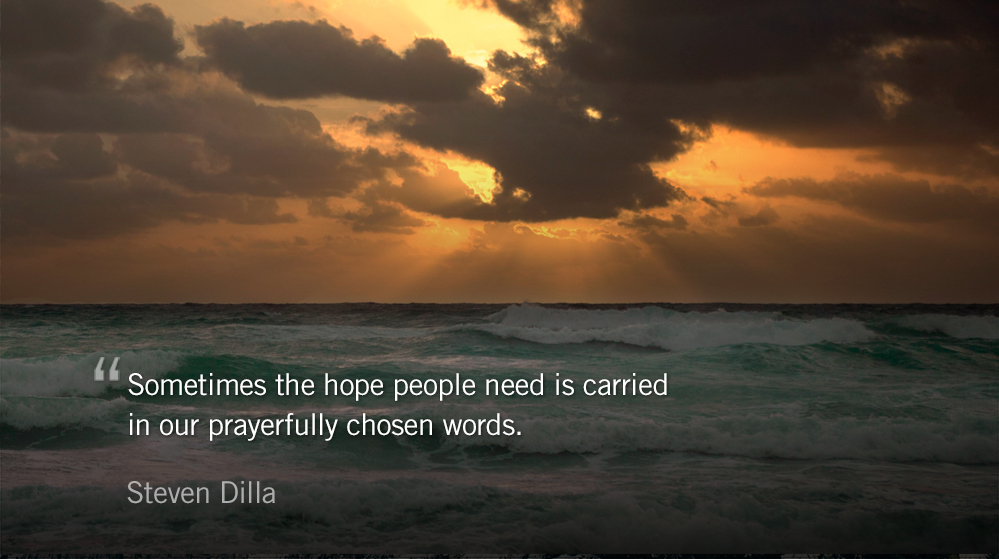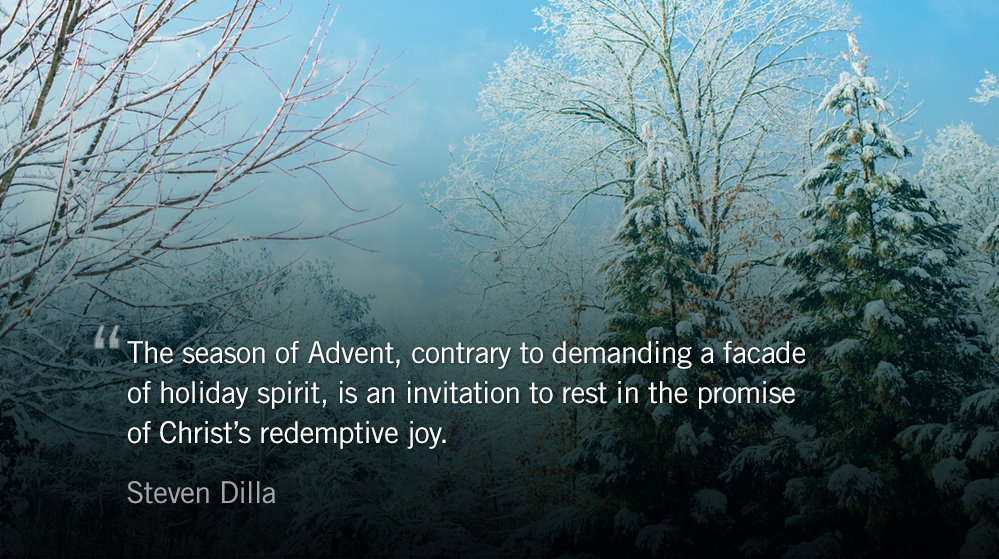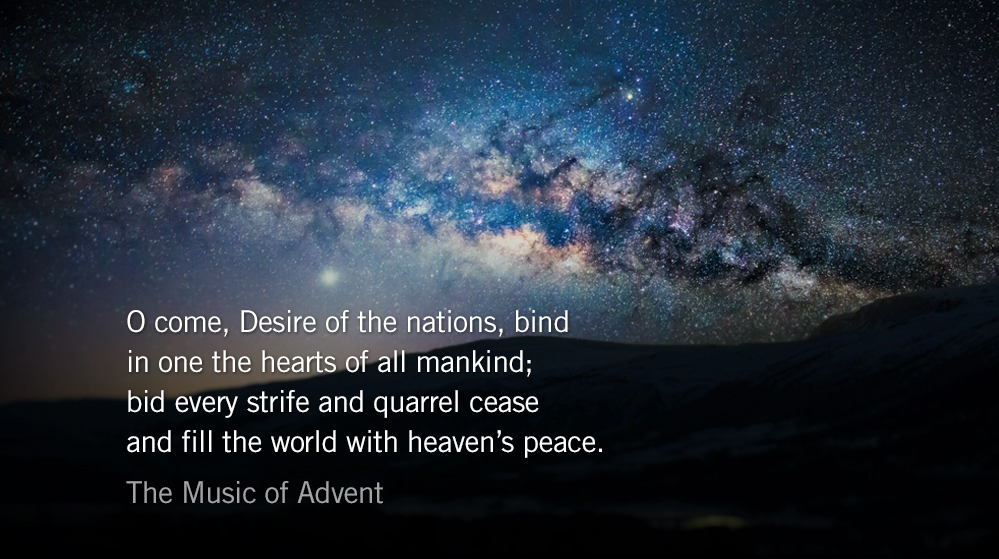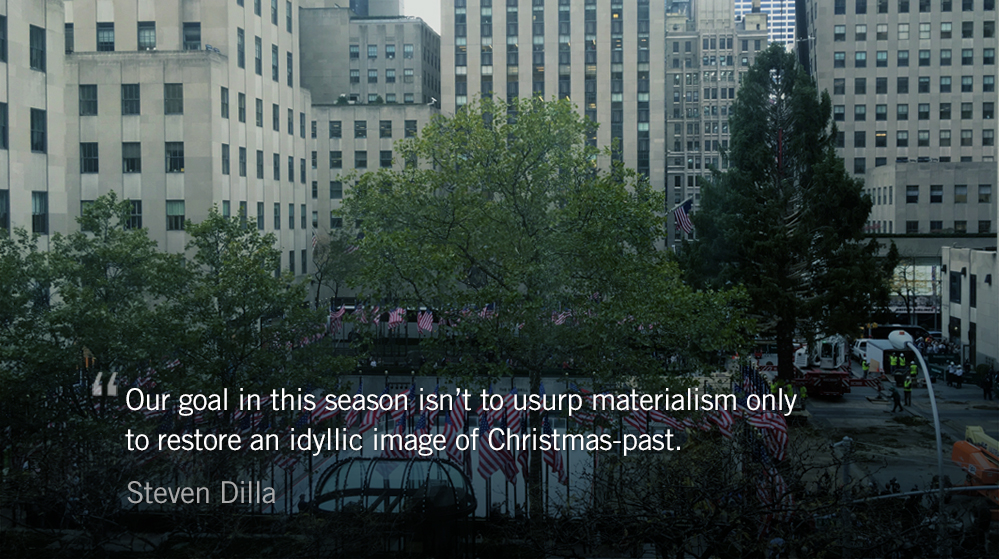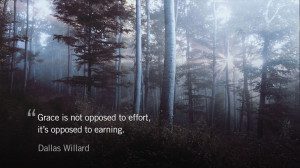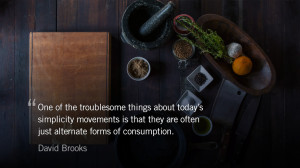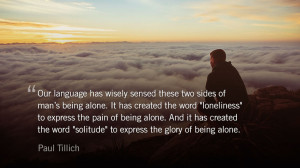“Emotions run high during the holidays,” observes the American Psychological Association. “People in the United States are more likely to feel their stress increase rather than decrease,” The research tracks increases in fatigue, stress and irritability along with the season’s happiness, love, and high spirits.
In this way, the human experience around Christ’s birth hasn’t changed since Mary responded to the angel’s announcement. Mary didn’t initially reply with exuberant praise but simple obedience; “I am the servant of the Lord; let it be to me according to your word.” Her unadorned submission stands in stark contrast to the deluge of joy-filled worship Luke records just eight verses later:
My soul magnifies the Lord, and my spirit rejoices in God my Savior, for he has looked on the humble estate of his servant. For behold, from now on all generations will call me blessed; for he who is mighty has done great things for me, and holy is his name.
Mary was overwhelmed in her first response; as an unwed mother in the ancient Near East her plans for the future—her marriage, social status, even friendships—vanished the instant the angel spoke. She told no one of the angel’s words, rushing out of town before anyone could notice her pregnancy. Then she walked into the house of Elizabeth.
Luke records Elizabeth’s generosity of spirit, “And when Elizabeth heard the greeting of Mary, the baby leaped in her womb. Elizabeth was filled with the Holy Spirit, and she exclaimed with a loud cry, ‘Blessed are you among women, and blessed is the fruit of your womb!’” This is when everything changes. There is such power in the affirmation of her trusted friend that Mary immediately bursts into ardent worship, looking toward her future with welling hope.
Sometimes the hope people need is carried in our prayerfully chosen words. It’s a risk to affirm something unseen—Elizabeth’s words made no sense apart from her faith. Yet they were the very thing that led Mary to her need for a Savior and her faithful response to live into the journey to which God called her.
Today’s Reading
2 Chronicles 2 (Listen – 3:41)
1 John 2 (Listen – 4:04)


